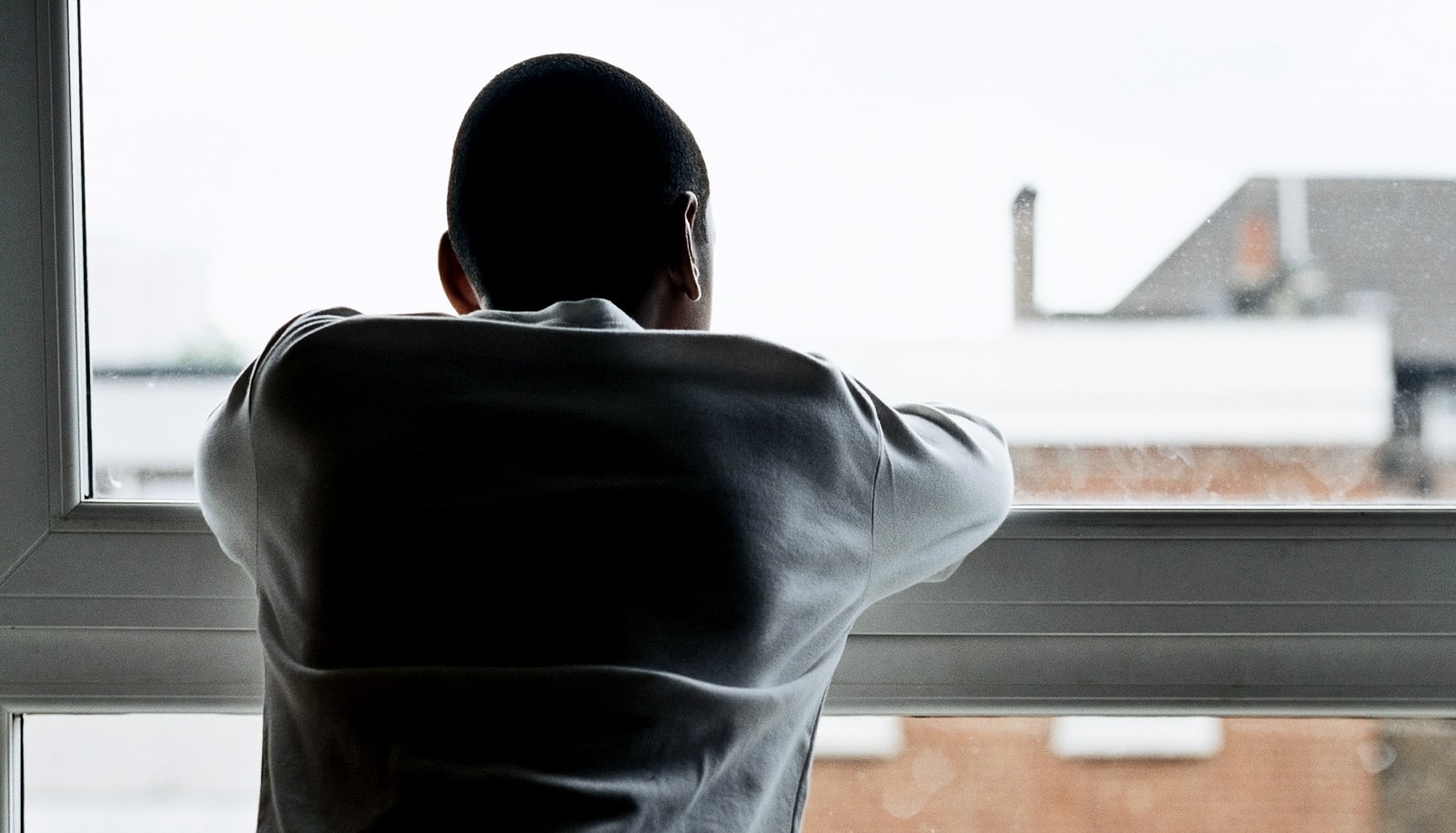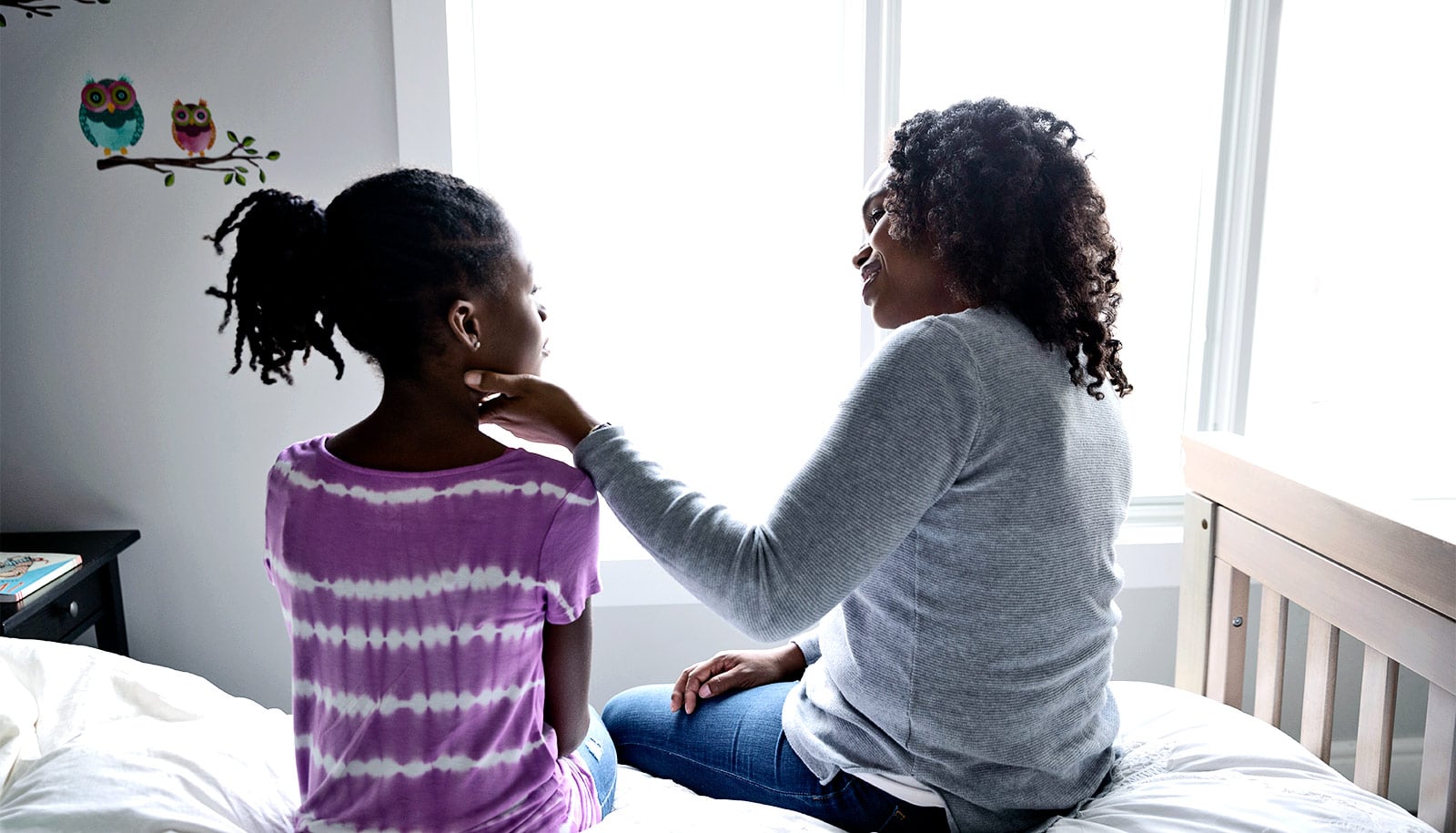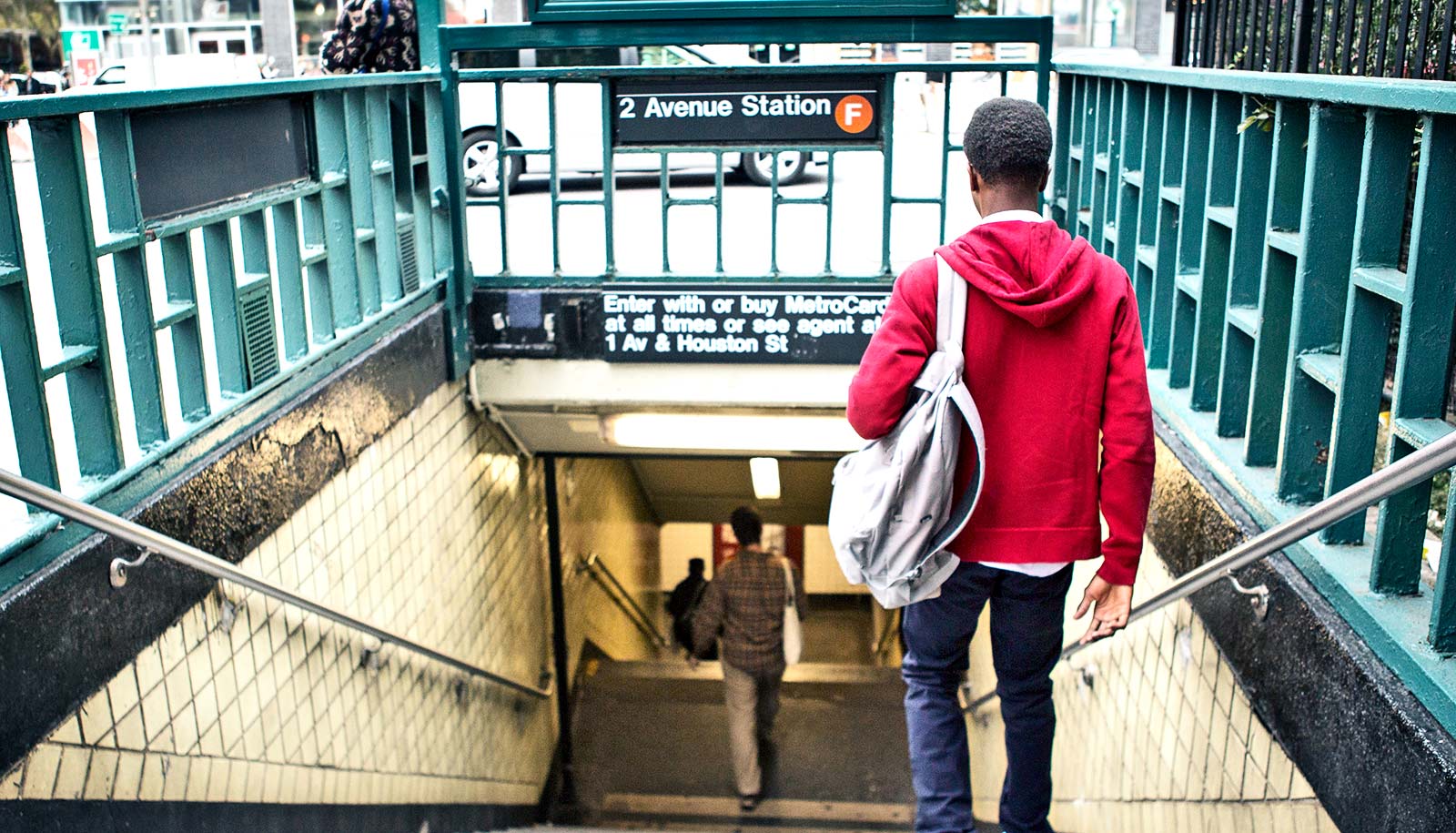Black teenagers experience daily racial discrimination—most often online—that can lead to negative mental health effects, a study finds.
The study in the Journal of Applied Developmental Psychology, examines how often black teens experience racial discrimination each day, either personally or vicariously and online or offline.
The researchers surveyed 101 black youth between ages 13 and 17 from predominantly black neighborhoods in Washington, DC, each day for two weeks about their experiences with racial discrimination and measured changes in their depressive symptoms across that period. The teens reported more than 5,600 experiences of racial discrimination in total—an average of more than five experiences per day.
“Racial discrimination prevention should be a public health imperative.”
“This research reflects what researchers and activists have asserted for years: Black adolescents are forced to face antiblack microaggressions on a daily basis. Importantly, this study expands the research on the many ways that discrimination happens, whether it is being teased by peers, asked to speak for their racial group in class, or seeing a racist post on social media,” says lead author Devin English, an assistant professor at Rutgers University School of Public Health.
The experiences reported in the study, which ranged from teasing about physical appearance to overt discrimination, mainly occurred online and led to short-term increases in depressive symptoms. Examples of discrimination included teasing by peers about wearing their hair natural, seeing jokes about their race online, and witnessing a family member or friend being treated poorly due to their race or ethnicity.
“Racial teasing is important because it is one of the most common ways adolescents communicate about race,” English notes. “Critically, young people and adults, such as teachers, often see this teasing as harmless and choose not to address it. Our results, however, show several types of racial teasing are harmful for black adolescents.
“Although public discourse can indirectly or directly blame health inequities on black youth, our study provides evidence that racial discrimination in society is a fundamental cause of these health inequities,” he continues. “Knowing this, people in positions of power such as clinicians, school administrators, and policy makers have a responsibility to consider discrimination as a critical aspect of the daily experience and health of black teens.
“Racial discrimination prevention should be a public health imperative.”
Source: Rutgers University



